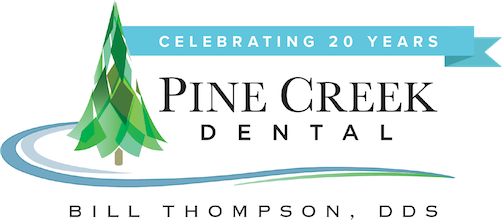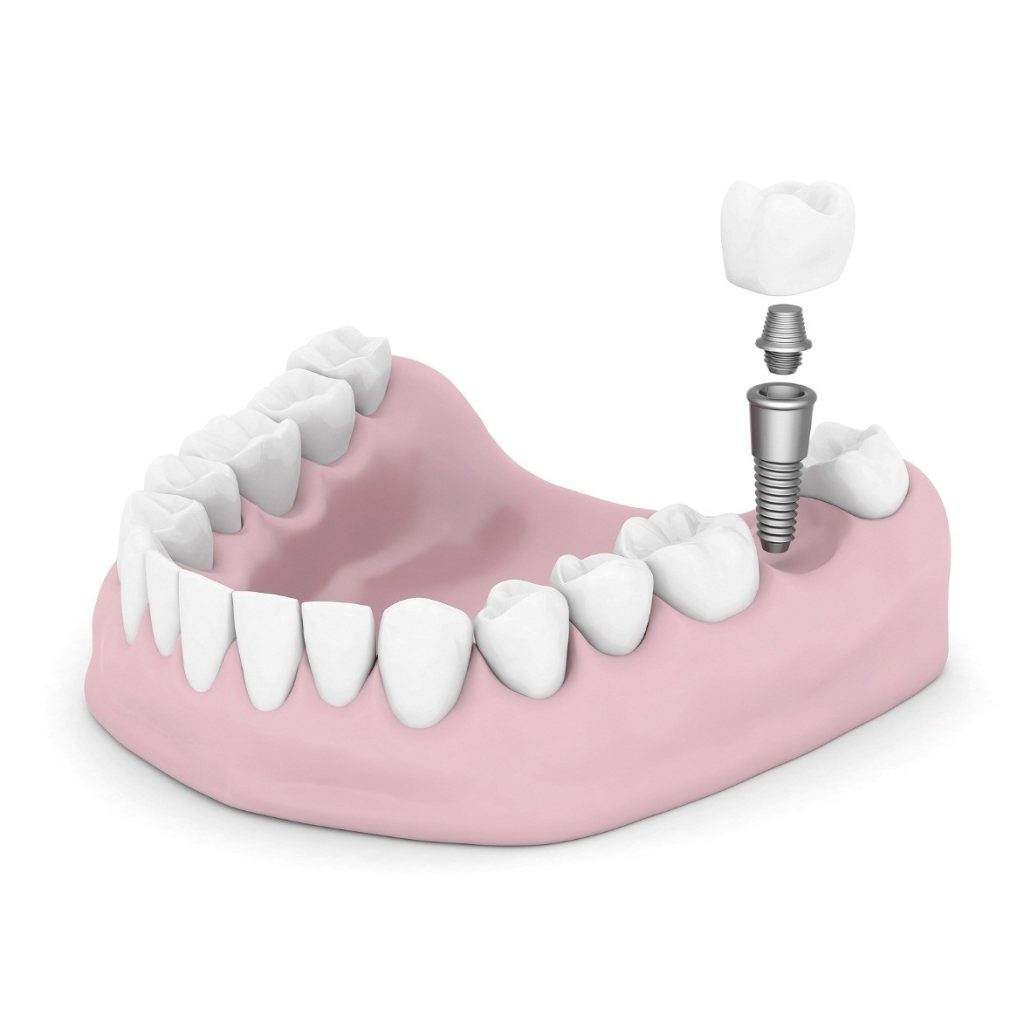Those who lost a tooth or two now have little to worry about, price as they can simply have them replaced through dental implants. Considered the closest you can get to healthy and natural teeth, drug dental implants allow you to eat, smile, talk, and laugh more confidently without worrying about your teeth.
With proper care, dental implants can last for a very long time. In fact, dental implants enjoy a high success rate among patients. Keep in mind, though, that particular habits can decrease the efficiency of your dental implants.
Natural Teeth and Implants Aren’t the Same
Though caring for your dental implants is almost the same as caring for your natural teeth, cleaning them is a different matter. Keep in mind that dental implants are made from a different material, and are attached to the surrounding bone and gums in a different way.
In a nutshell, the root of a natural tooth is attached to the bony socket by a periodontal ligament. This ligament is composed of blood vessels and tiny fibers that insert into the tooth root on one side and into the bone on the other. On the other hand, an implant lacks such an attachment. Without the blood vessels found in a periodontal ligament, implants are less able to resist infection.
The Risk of Infection
Like natural teeth, implant crowns are susceptible to the buildup of bacterial biofilm, or plaque. When you fail to remove plaque from the implant crown, your mouth may develop an infection commonly known as peri-implantitis. Unlike the usual inflammation around teeth, peri-implantitis can quickly lead not only to the loss of the implant attachment, but also the loss of bone around the affected area.
Getting the Right Tools
To avoid peri-implantitis, your hygienist will recommend cleaning instruments that will not damage the crown, abutment, or the implant itself. Keep in mind that implant crowns must maintain a polished and smooth surface, otherwise the scratches around the surface will attract and harbor bacteria.
With this in mind, a hygienist will likely be recommending power or ultrasonic instruments with nylon or plastic sheaths or tips. These instruments make use of high-frequency vibrations, at times used with a lot of water irrigation and antibacterial solutions, to clean and flush plaque and bacteria from the implants.
Though cleaning dental implants require different instruments and particular steps, all these will be worth the trouble in the end. Should you need help with your dental implants, trust Colorado Springs dental office like Pine Creek Dental to provide you with anything you’ll need.
Sources:
Dental Implant Maintenance, Dear Doctor
Dental Implants: Tips for Success, Epoch Times

 Meet Dr. Bill Thompson
Meet Dr. Bill Thompson Meet Dr. Ellie Cochran
Meet Dr. Ellie Cochran Meet Our Team
Meet Our Team NEW Pine Creek Dental Office
NEW Pine Creek Dental Office




